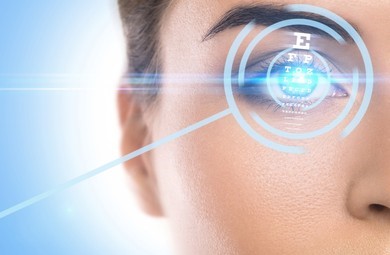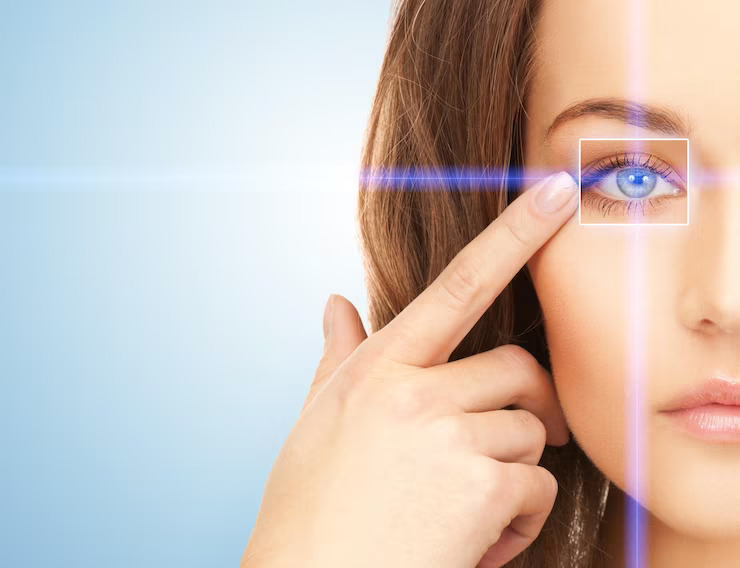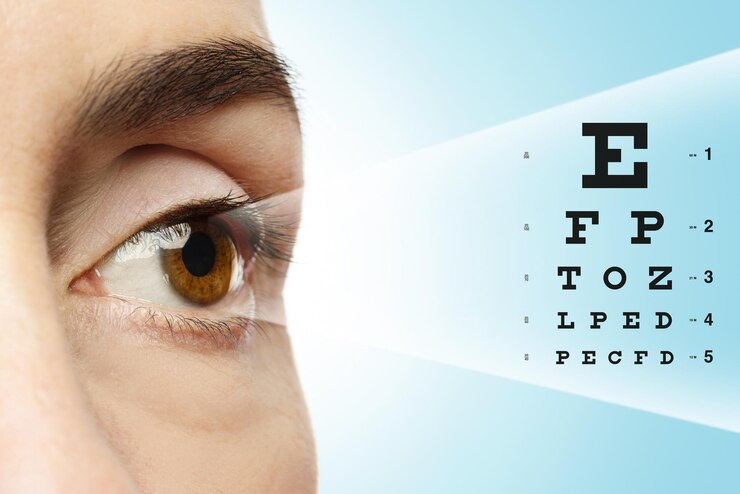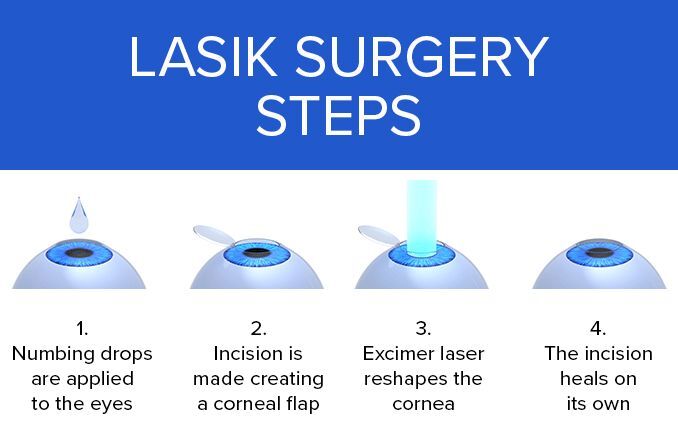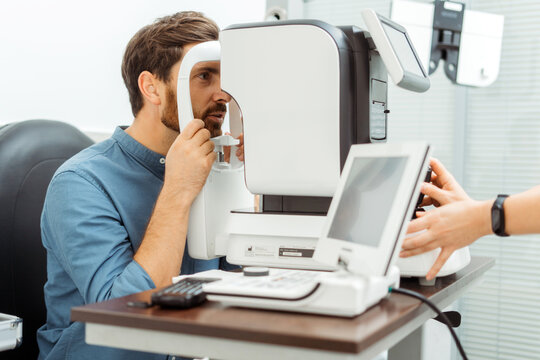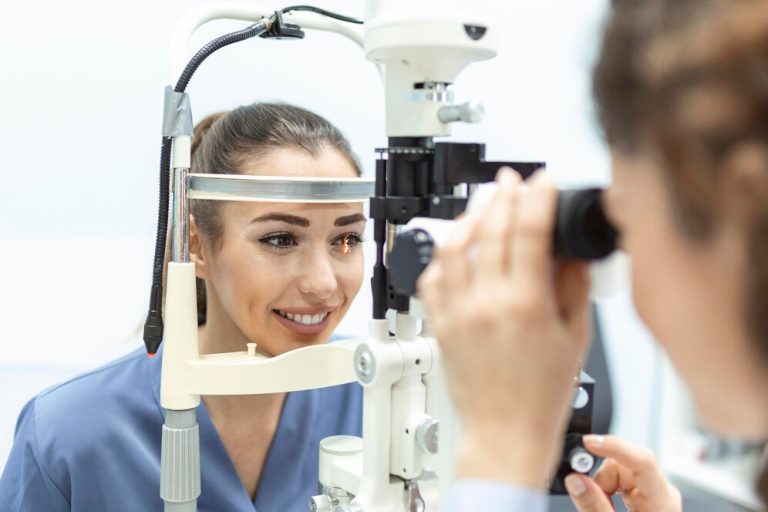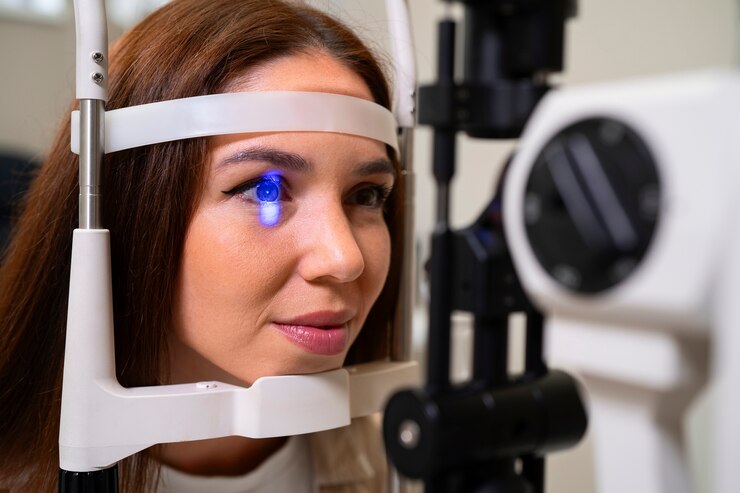LASIK Side Effects: What You Need To Know
LASIK (Laser-Assisted in Situ Keratomileusis) is a popular and widely performed refractive eye surgery designed to correct vision problems such as myopia (nearsightedness), hyperopia (farsightedness), and astigmatism. While LASIK is generally safe and effective, like any surgical procedure, it carries potential risks and side effects. Understanding these side effects is crucial for anyone considering LASIK to make an informed decision. This article explores the common and rare side effects of LASIK, their causes, and how they can be managed.
Common Side Effects
1. Dry Eyes
Dry eyes are the most common side effect experienced by LASIK patients. During the procedure, the corneal nerves responsible for tear production are temporarily disrupted, leading to decreased tear secretion. This can result in a gritty or burning sensation in the eyes, blurred vision, and discomfort.
- Management: Most cases of post-LASIK dry eyes are temporary and improve within a few weeks to months. Patients are often advised to use artificial tears and may be prescribed lubricating eye drops. In more severe cases, medications such as cyclosporine (Restasis) or punctal plugs (tiny devices inserted into the tear ducts to prevent tear drainage) may be recommended.
2. Glare, Halos, and Starbursts
Many patients report experiencing glare, halos, and starbursts around lights, particularly at night. These visual disturbances are usually due to changes in the shape of the cornea and are more common in patients with larger pupils.
- Management: These side effects typically diminish over time as the eyes heal and adjust. In some cases, special eye drops can help reduce symptoms. For persistent issues, a second corrective procedure might be necessary.
3. Fluctuating Vision
Fluctuating vision is another common side effect that patients may notice, especially during the first few weeks post-surgery. Vision may vary from clear to blurry at different times of the day.
- Management: This fluctuation is usually temporary and stabilizes within three to six months as the eyes continue to heal. Patients are advised to follow their surgeon’s post-operative care instructions meticulously to support the healing process.
4. Light Sensitivity
Increased light sensitivity is often reported after LASIK. Patients may find bright lights uncomfortable and may need to wear sunglasses more frequently than usual.
- Management: Light sensitivity generally improves within a few days to weeks. Wearing sunglasses, especially in bright environments, can help alleviate discomfort.
Rare Side Effects
1. Under-correction, Over-correction, and Regression
Under-correction (not enough vision correction), over-correction (too much correction), and regression (loss of initial vision improvement) are less common but possible side effects. These issues occur due to variations in how individual eyes heal after surgery.
- Management: If significant, these issues can often be addressed with an enhancement procedure, where additional laser treatment fine-tunes the correction.
2. Epithelial Ingrowth
Epithelial ingrowth refers to the growth of cells from the outer layer of the cornea under the LASIK flap. This can cause discomfort and visual disturbances if the ingrowth is significant.
- Management: Mild cases may resolve without intervention. More severe cases may require the surgeon to lift the flap and remove the ingrown cells.
3. Keratectasia
Keratectasia is a rare but serious complication where the cornea becomes progressively thinner and weaker, leading to bulging and distorted vision. It is more likely to occur in patients with pre-existing corneal abnormalities.
- Management: Treatment options for keratectasia include corneal cross-linking (a procedure that strengthens the cornea), the use of specialty contact lenses, or in severe cases, a corneal transplant.
Long-term Side Effects
While most LASIK side effects are temporary and resolve within the first few months, some patients may experience long-term issues. These include persistent dry eyes, night vision problems, or fluctuating vision. It is essential to have realistic expectations and understand that while LASIK can significantly improve vision, it may not completely eliminate the need for glasses or contact lenses, particularly for activities like night driving or reading fine print.
Reducing the Risk of Side Effects
Choosing an experienced and skilled LASIK surgeon is crucial to minimizing the risk of side effects. Here are some suggestions to lower the danger:
- Comprehensive Preoperative Evaluation
A thorough preoperative evaluation is essential to identify any underlying conditions that may increase the risk of complications. This includes assessing corneal thickness, pupil size, and overall eye health. - Follow Preoperative and Postoperative Instructions
Following the surgeon’s instructions before and after the procedure can significantly impact the outcome. This includes avoiding makeup and lotions around the eyes before surgery and using prescribed eye drops as directed after the surgery. - Regular Follow-Up Visits
Regular follow-up visits allow the surgeon to monitor the healing process and address any issues promptly. It is crucial to attend all scheduled appointments and report any unusual symptoms immediately.
Conclusion
LASIK is a highly effective and generally safe procedure for correcting common vision problems. However, as with any surgery, it carries potential risks and side effects. Understanding these side effects, their causes, and management options is essential for anyone considering LASIK. Most side effects are temporary and resolve with proper care and time, but some may require additional treatment. By choosing a qualified surgeon and adhering to preoperative and postoperative care instructions, patients can minimize the risk of complications and achieve the best possible outcome from their LASIK surgery.
For more information on LASIK and to schedule a consultation, visit drvivekgarg.in. Your vision and eye health are our top priorities, and we are committed to providing you with the highest quality care.
For any further queries, Plz visit drvivekgarg.in

